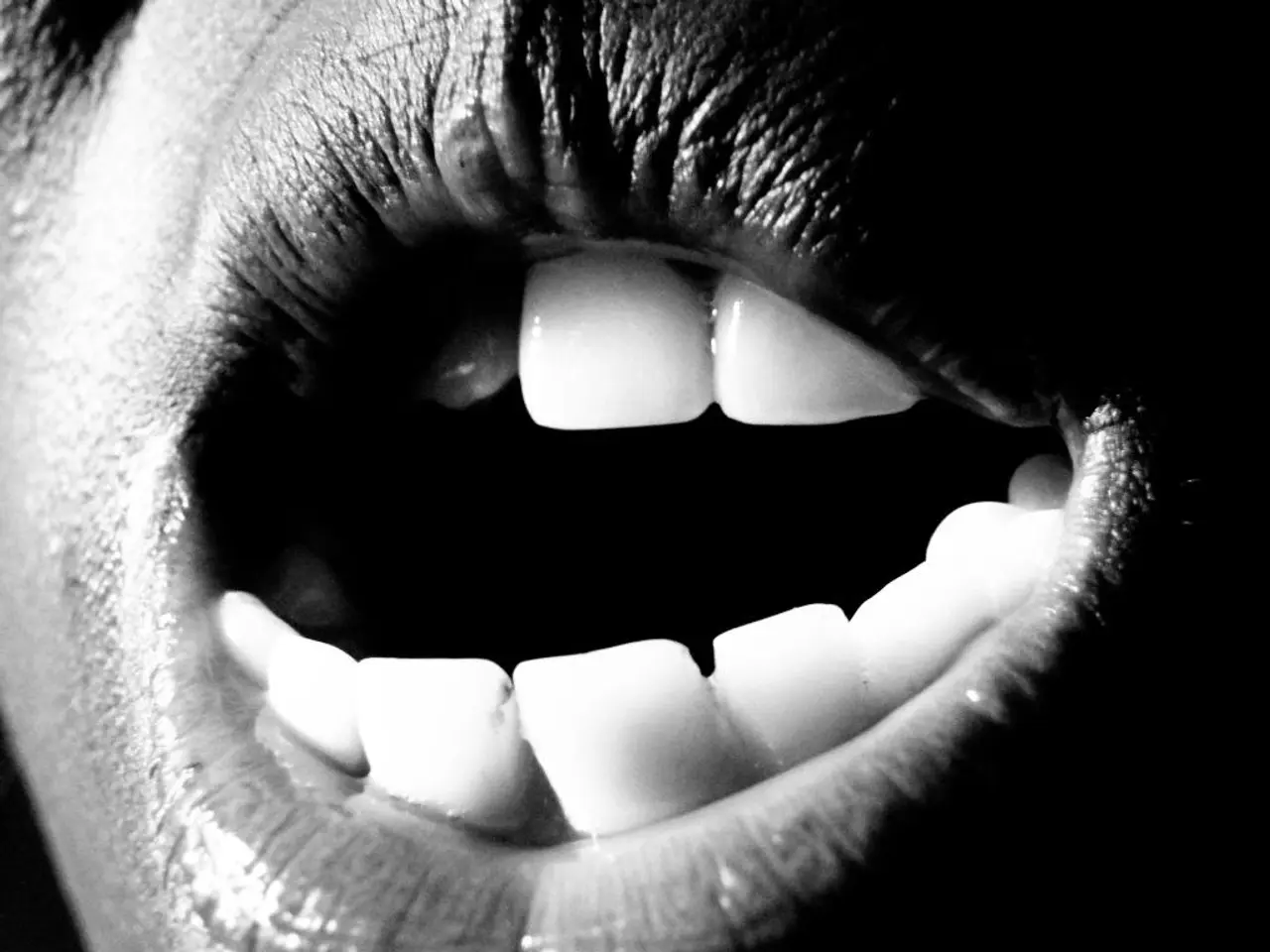Essential Guidance on Dental Hygiene for Kids: What You Ought to Understand Completely
Making sure children have a positive experience at the dentist and develop good oral health habits is crucial for their overall well-being. Here are some tips to help you choose a pediatric dentist and prepare your child for dental visits.
Choosing a Pediatric Dentist
When selecting a pediatric dentist, it's essential to consider their qualifications, experience, and approach to children's dental care. Look for a board-certified pediatric dentist who specializes in children's dental care. Their experience working with children, particularly in dealing with anxiety or fear, is also vital.
A dentist's reputation and reviews can provide valuable insights. Check online reviews and ask for referrals from friends, family, or pediatricians. A good reputation and positive feedback suggest a dentist who is patient and effective.
The office environment should be child-friendly, welcoming, and comfortable. A dentist's office designed to reduce anxiety and make the experience enjoyable is ideal.
Finally, ensure that the dentist communicates well with both children and parents. They should be able to explain procedures in a way that is clear and reassuring.
Preparing Children for Dental Visits
Positive reinforcement is key to creating a positive association with dental visits. Use positive language when discussing dental visits, emphasizing the importance of maintaining good oral health in a way that is understood by children.
Familiarization with what to expect during a dental visit can help reduce anxiety. Read books or watch videos that explain the process, or discuss it with your child.
Practicing at home can also help children feel more comfortable during the actual visit. Encourage them to practice opening their mouths wide and simulating dental inspections.
Regular dental visits help establish a routine and make children more accustomed to dental care. These visits can also help prevent dental issues by catching them early.
Educational activities, such as brushing and flossing games, can make learning fun and help children develop good habits from an early age.
Additional Tips
- Having a dental first aid kit that includes gauze, a small container with a lid, and the dentist's contact information can be useful in case of dental emergencies.
- Starting early and making it fun are key to establishing good oral hygiene habits that will benefit a child for years to come.
- Prolonged exposure to milk or juice in a bottle can lead to severe tooth decay known as "baby bottle tooth decay."
- Educating children on the importance of treating their teeth carefully, like wearing mouthguards during sports, can help prevent dental emergencies.
- Weaning children off bottles by their first birthday and pacifiers by the age of two can help prevent misalignment of teeth and other orthodontic issues.
- Knowing how to handle dental emergencies like a knocked-out tooth, a cracked tooth, or sudden tooth pain can make a significant difference in the outcome.
- Prolonged use of bottles and pacifiers can negatively impact dental development.
- Proper tooth care for children involves daily routines, regular dental visits, and a healthy lifestyle.
By following these tips, you can help ensure that your child has a positive experience at the dentist and develops good oral health habits that will last a lifetime.
- Encouraging education on health-and-wellness practices, such as brushing and flossing games, can make learning fun and help children develop good habits from an early age, contributing to their overall health.
- A child-friendly and welcoming office environment, promoting science-based dental care, can help reduce anxiety and create a positive experience for children, fostering good oral health habits essential for their well-being.




